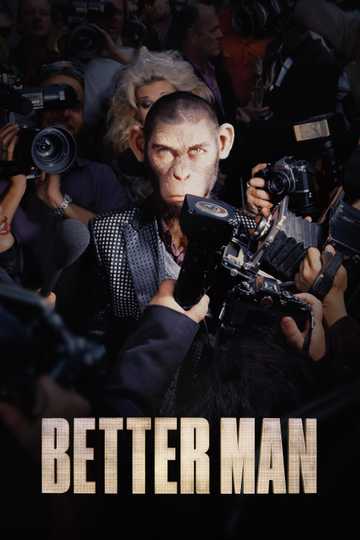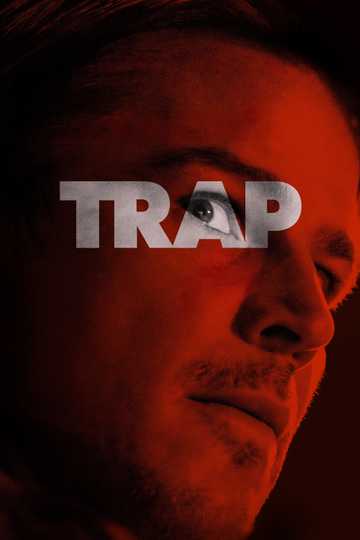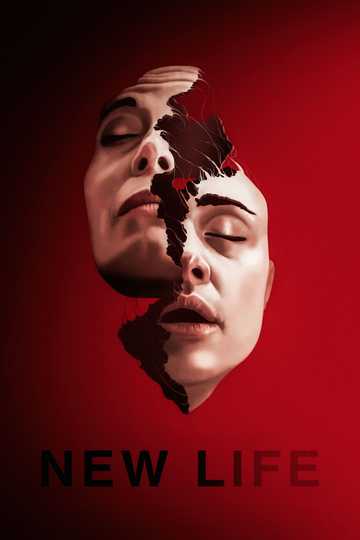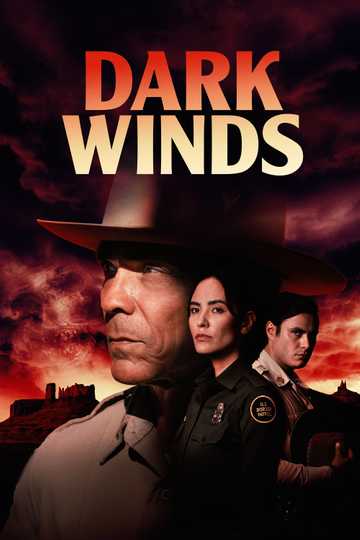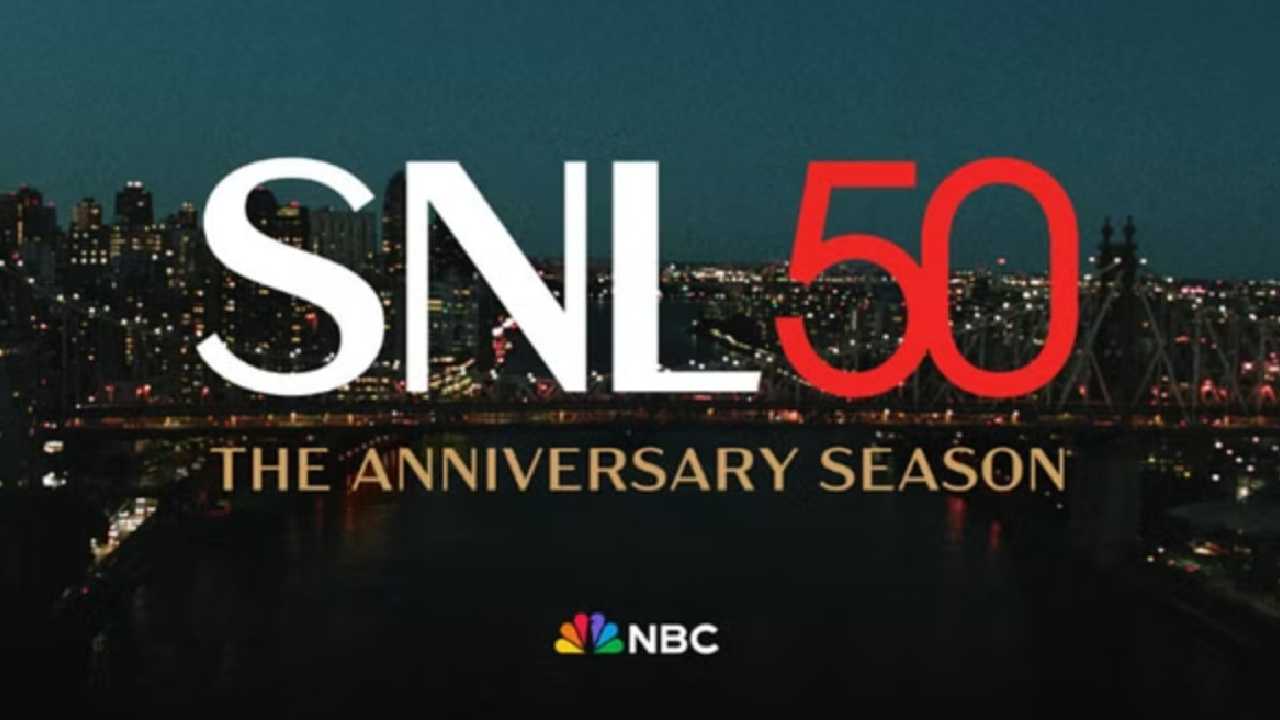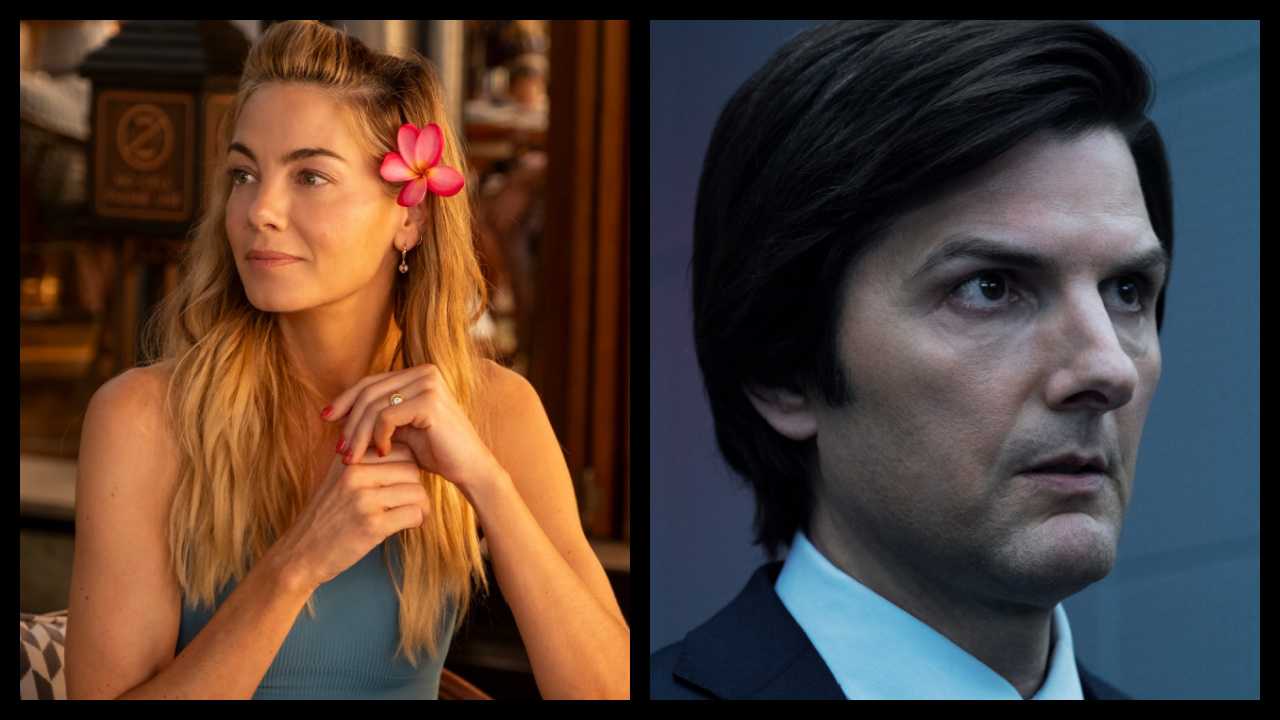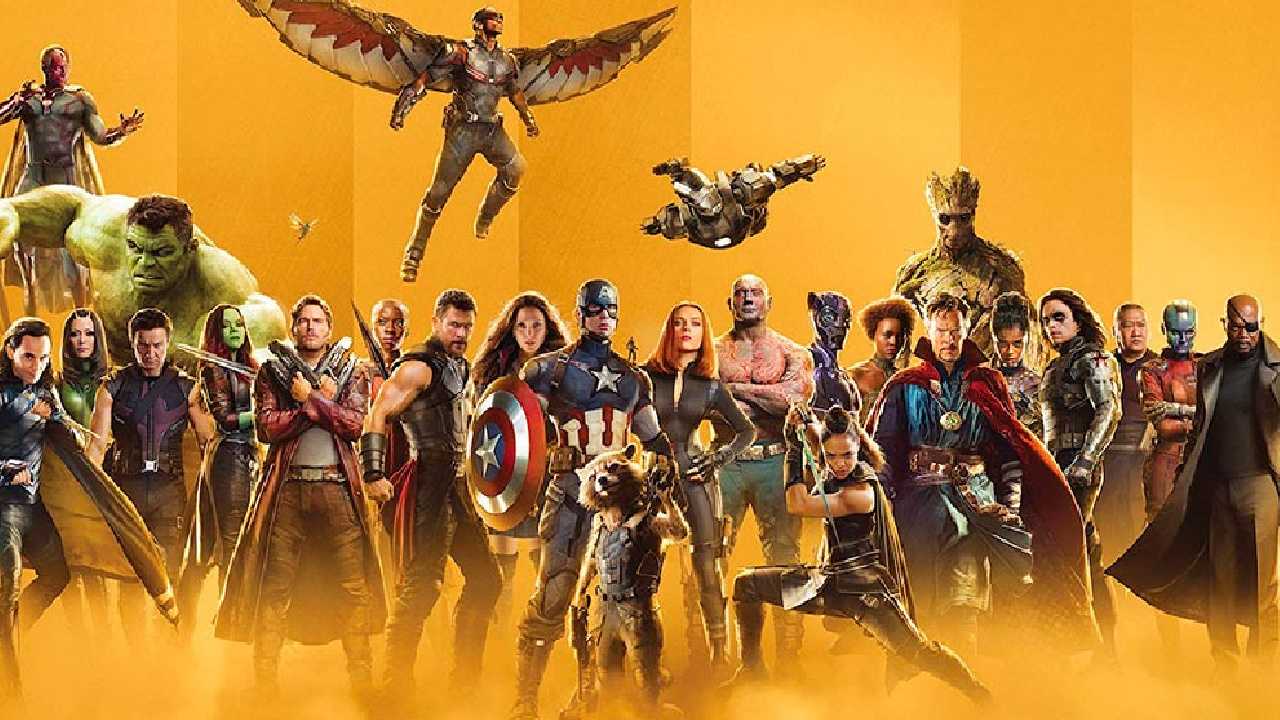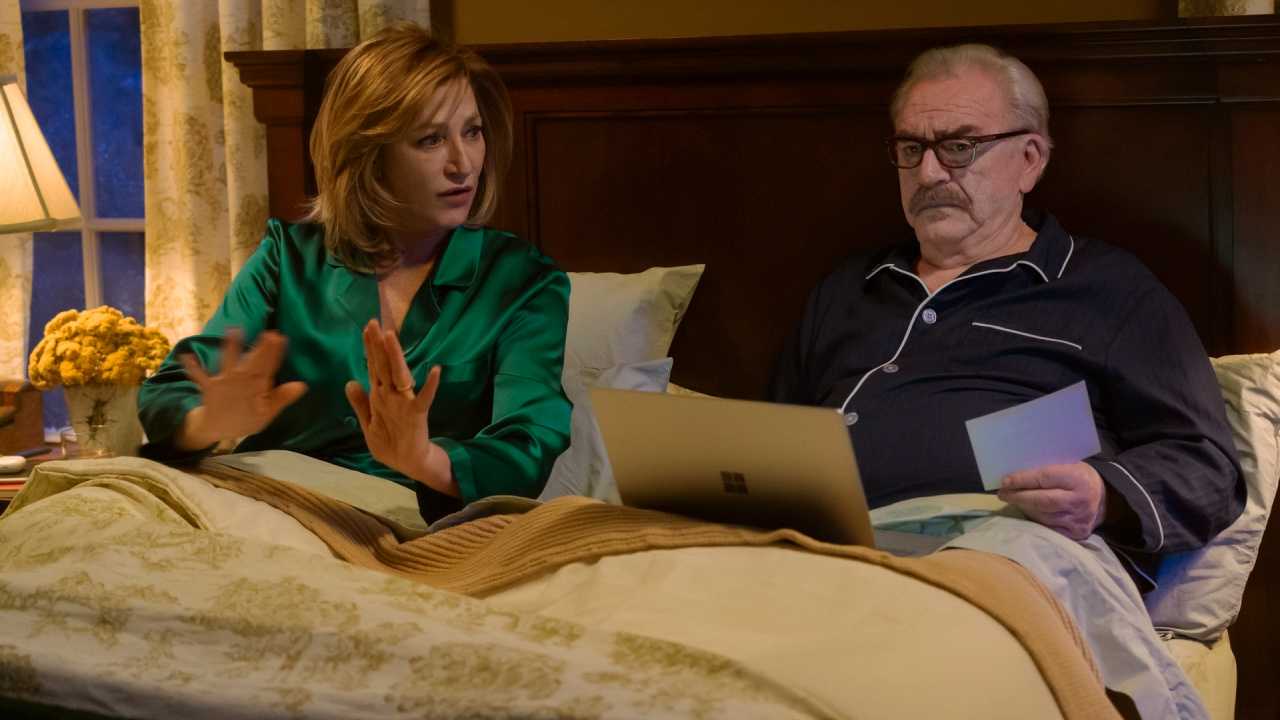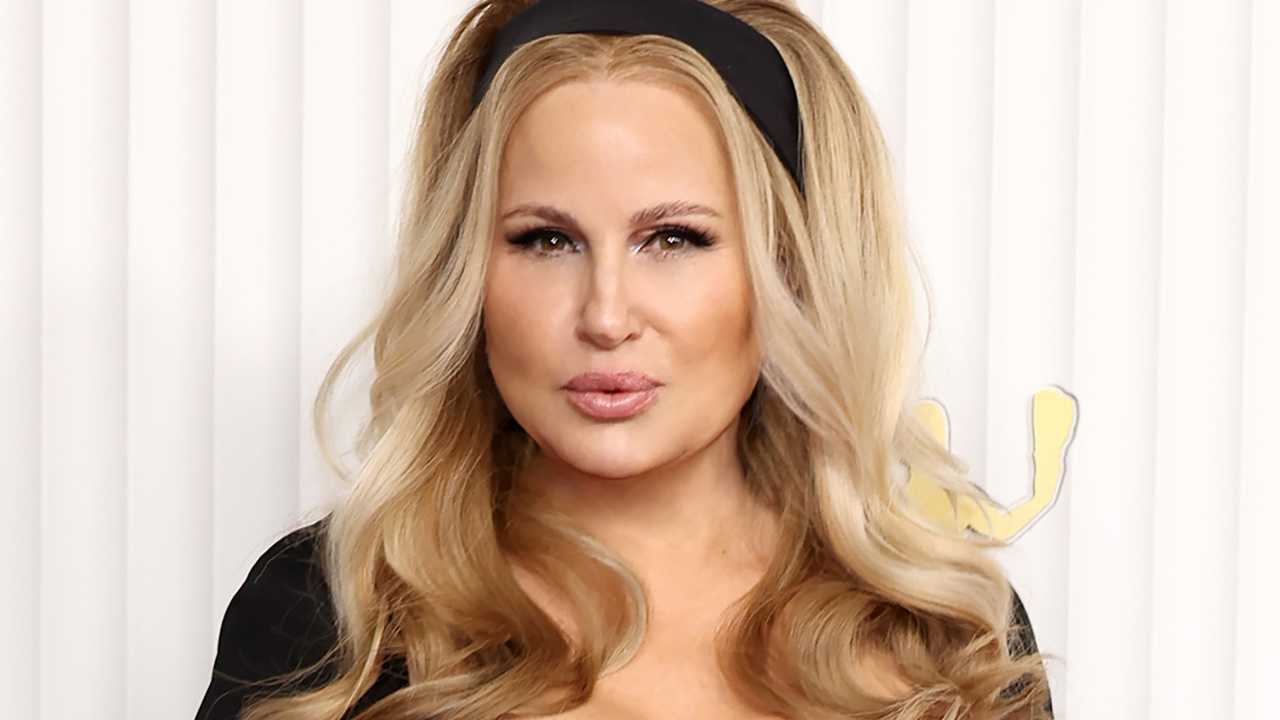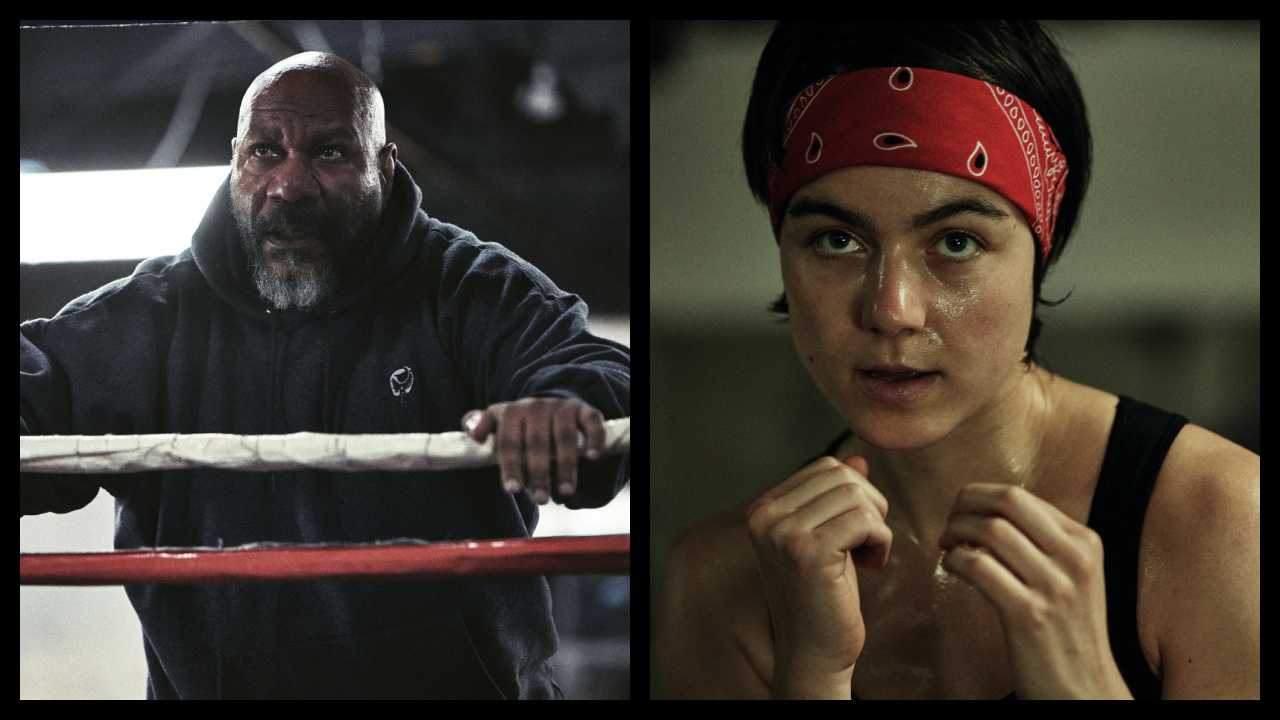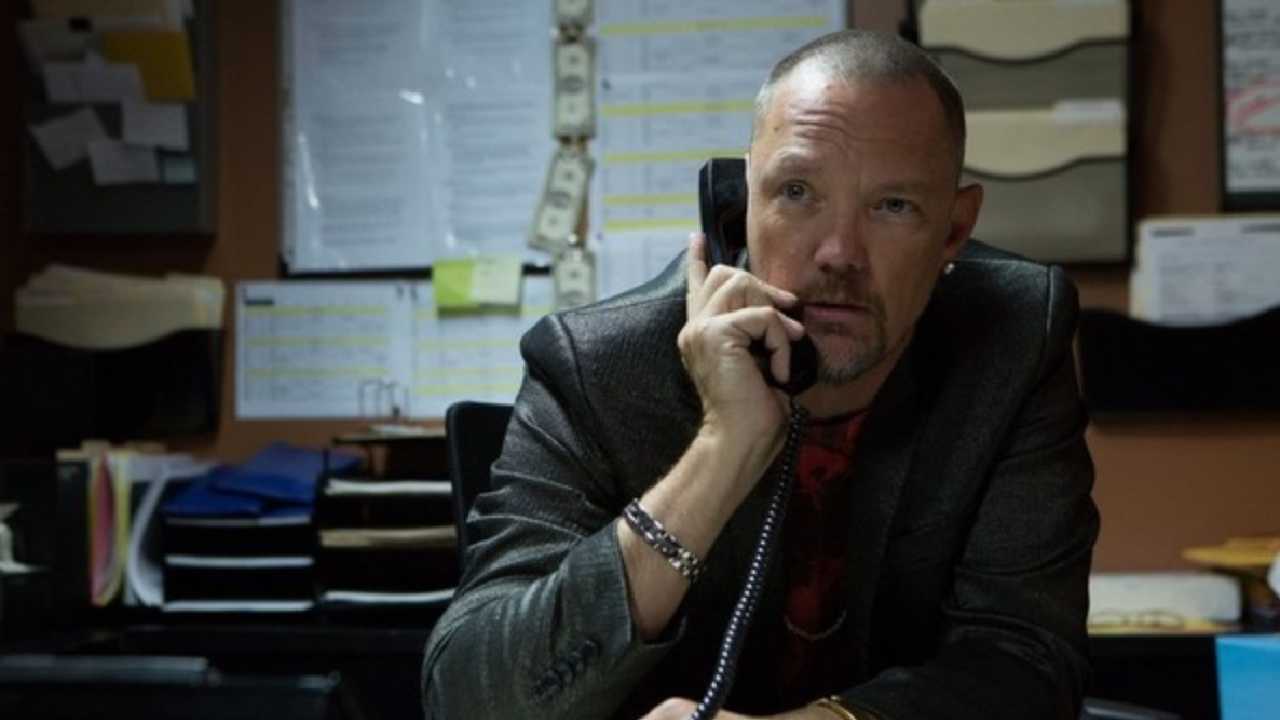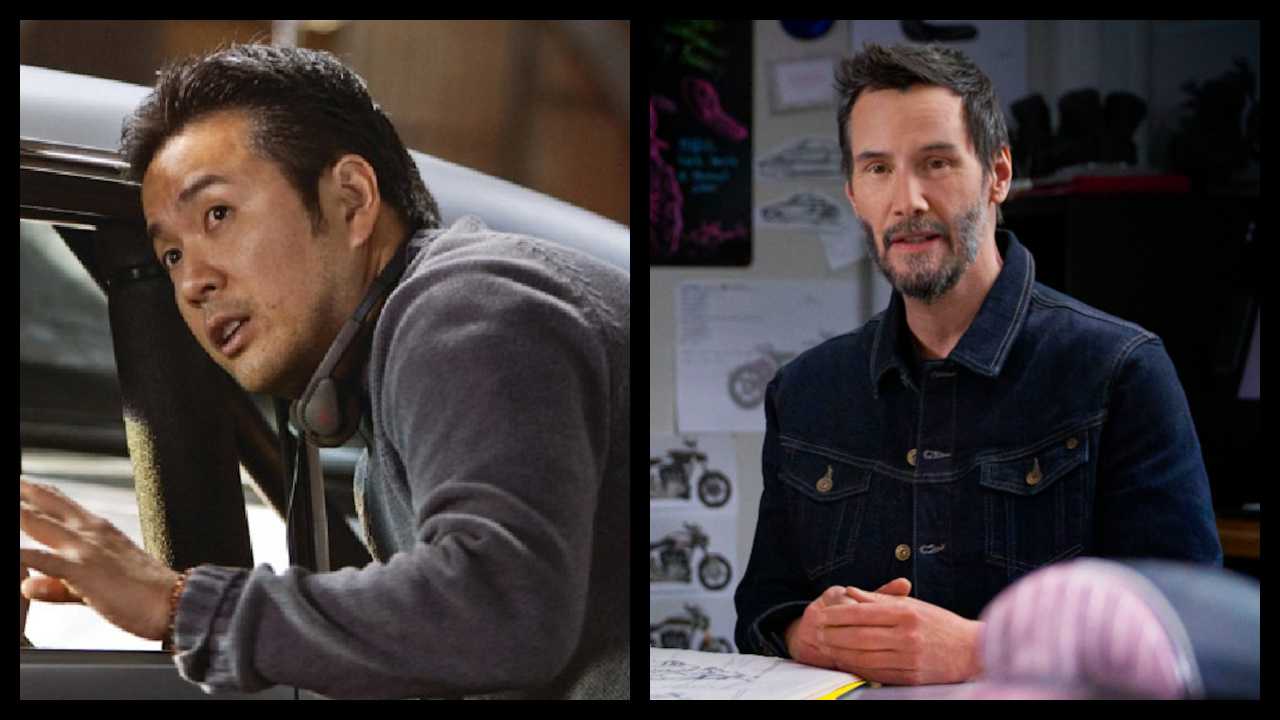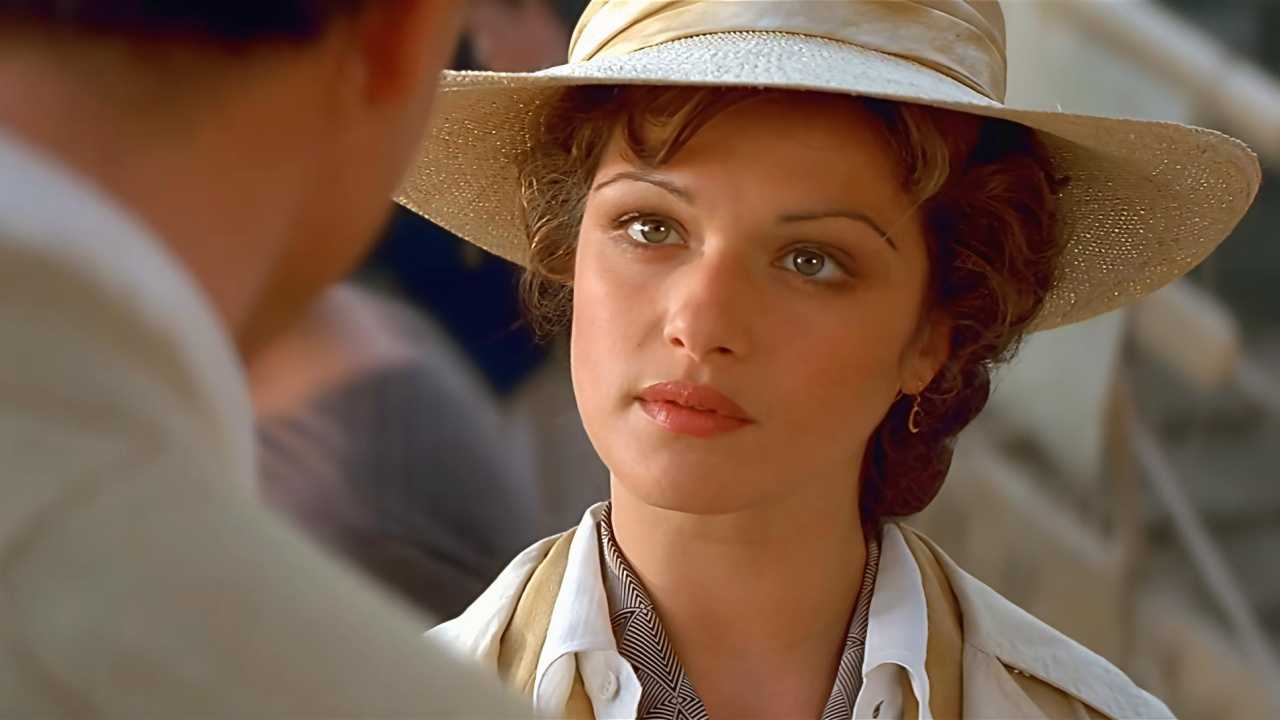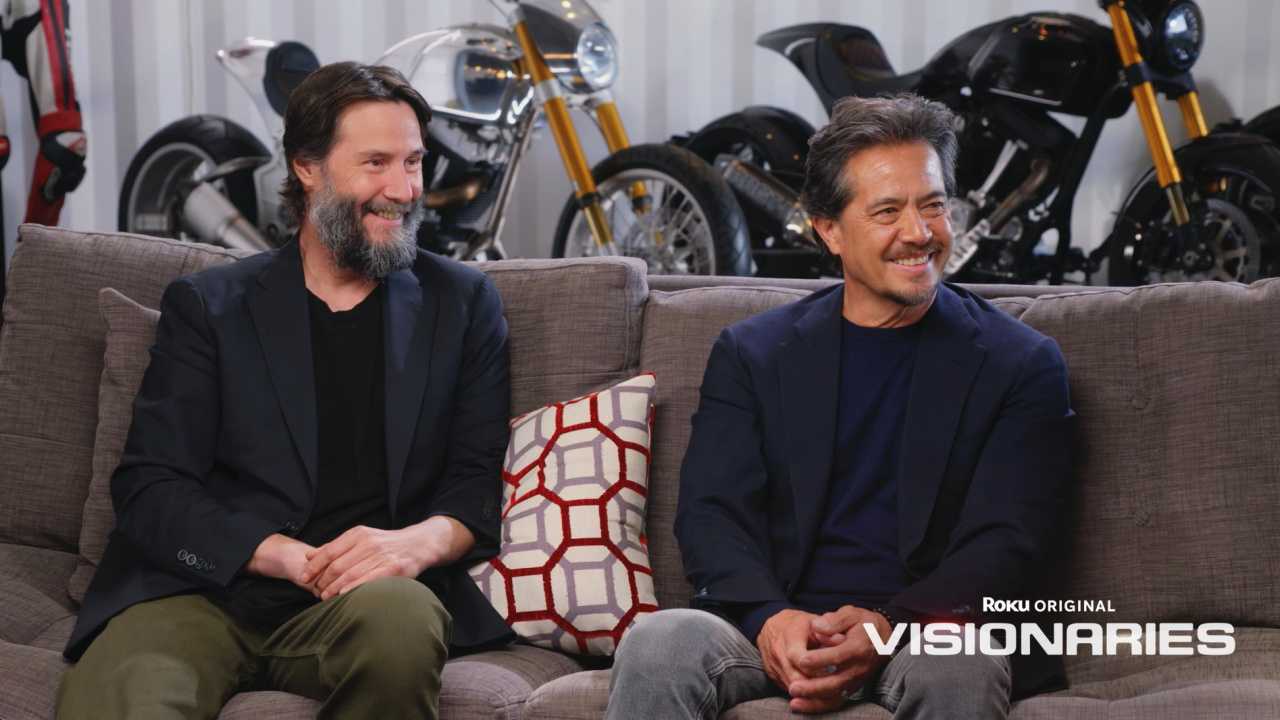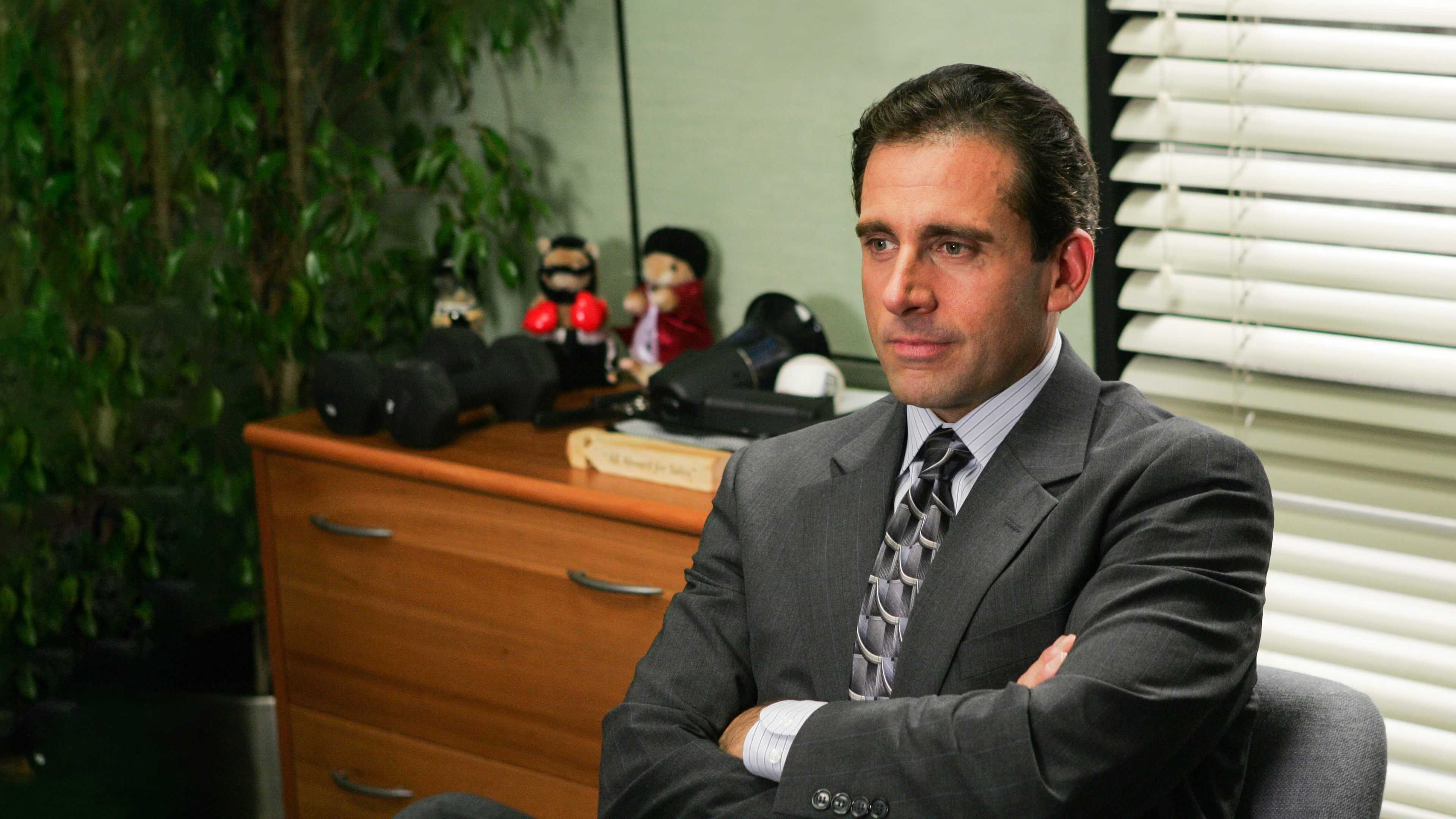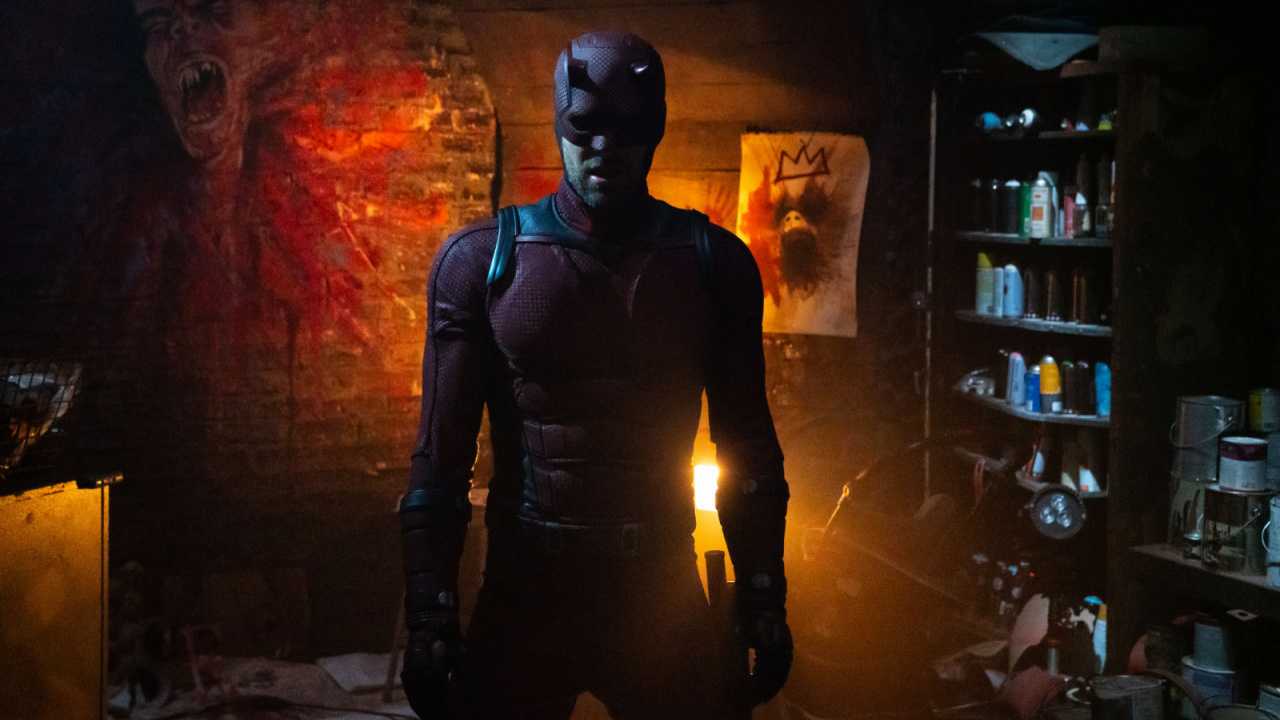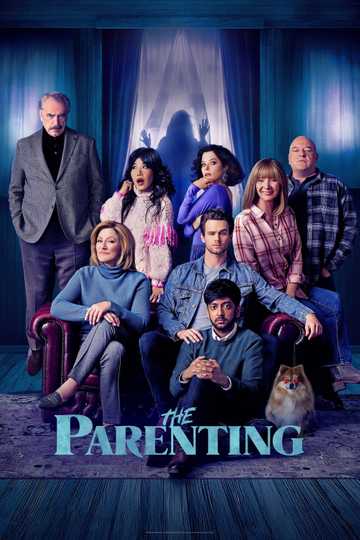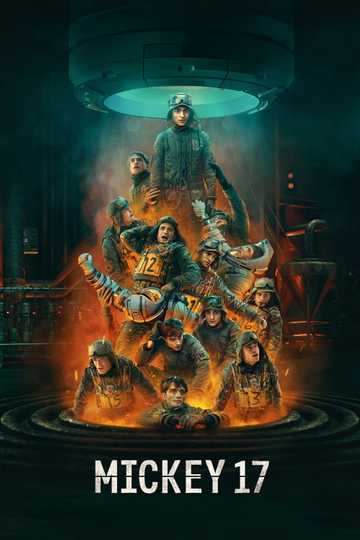5 Reasons for the Huge Box Office Success of 'Hotel Transylvania 2'
Has the box office gone batty?
"Hotel Transylvania 2" was widely expected to top this weekend's chart, but pundits predicted an opening near $35 million, lower than the $42.5 million debut of the first film. After all, it was a sequel to a moderately popular cartoon that opened a full three years ago, an eon in kiddie-audience terms. Plus, it stars Adam Sandler, who's been in a slump of late. And it was opening against some other high-profile wide releases and expansions -- all during a typically slow September, when sales are down across the board.
Instead, studio estimates say the vampire comedy took a $47.5 million bite out of the box office. Why was "Transylvania"'s monster success such a shocker? Here are a few possible reasons.
1. Good Timing
There hasn't been a mainstream kiddie cartoon for three months, since "Minions." That's a long time, and even with kids back in school, it's understandable that weekend viewers would still rush to see this one. The per-screen average tells the story. Anything over about $7,000 indicates a high degree of anticipation and strong buzz among moviegoers. "Transylvania" grossed a healthy $12,653 per venue.
Plus, it opened at a time when kids are starting to think about Halloween (it's no coincidence that the original "Hotel Transylvania" was released on the same weekend three years ago), but also early enough so that it won't run into competition from October's "Goosebumps" movie.
2. High Theater Count
When in doubt, saturate the marketplace. The new "Transylvania" opened on 404 more screens than the original, for a total theater count of 3,754. With demand as high as the per-screen average suggests, even that many theaters wasn't enough to dilute it.
3. Adam Sandler's Not Quite Finished
At least not among children. Though his "Pixels" fizzled this summer, his man-child act still plays well among prepubescents. At least it does when they can't see his face.
4. The Doldrums Are Over
As the supply-side economists used to say, a rising tide really does lift all boats. The sluggish sales season of the past six weekends at the box office is apparently over, with this week's total ticket sales up a full 20 percent from last week. Whatever kept people away from the multiplex in recent weeks -- most likely, sub-par movies -- the drought has now lifted.
Not only did "Transylvania" sell well, but "The Intern" opened at the upper end of expectations as well, earning an estimated $18.2 million to debut in second place. After opening last week on just 545 IMAX and large-format 3D screens, "Everest" expanded well on an additional 2,461 screens, for an estimated take of $13.1 million, good for fourth place.
Even "The Green Inferno" did well, despite a near non-existent TV campaign and a release in just 1,540 theaters. The low-budget cannibal horror film from director Eli Roth and low-budget horror king Jason Blum made a point of targeting theaters where horror films have traditionally done well, and the result was a solid ninth-place debut estimated at $3.5 million (about $2.5 million more than Blum paid to acquire the movie).
And "Sicario," Emily Blunt's art-house thriller, also cracked the top 10 after expanding from just six screens to 59. Last week, the film debuted with a per-theater average of $65,000, higher than any other movie this year. This week, it earned a still-massive $30,000 per screen, for an estimated total of $1.8 million. That sum, along with the movie's 10th-place finish, are great results for a movie playing on fewer than 60 screens.
What this all adds up to is that there is actually, finally, something for nearly everybody at the multiplex, at least this weekend. Which brings us to...
5. Expert Predictions Still Off the Mark
This column has been noting for months that professional box office trackers, both at the studios and in the media, have been lowballing estimates for movies that turned out to be hits. Even the trade press has taken notice of how often trackers are missing the boat, particularly on movies like "Pitch Perfect 2," "Straight Outta Compton" and "War Room" that appeal to underserved audiences. Usually, that means ticket buyers who are not teenage boys or young men under 25. It especially refers to black audiences, Hispanic audiences, and women -- groups Hollywood usually doesn't know how to target and seldom even tries to reach.
Didn't think kids also counted as underserved audiences whose pent-up demand trackers were overlooking, but "Transylvania"'s success suggests otherwise.

